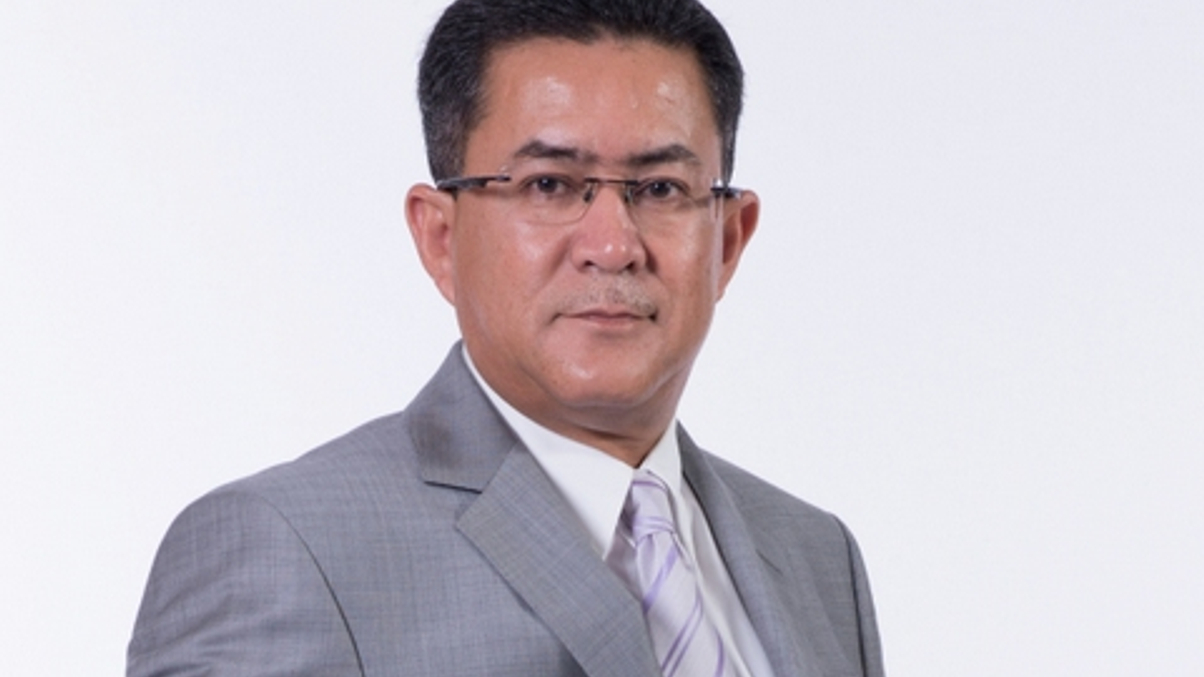KWAP continues overhaul amid domestic turmoil
The Malaysian state pension is in a period of transition. Having had its global investment ambitions curtailed, the fund is overhauling its manager selection processes, its CEO told AsianInvestor.

Malaysian state pension fund KWAP is likely to see turnover of external asset managers increase in the short term, as it implements a new, automated system for awarding mandates, said chief executive Wan Kamaruzaman Binwan Ahmad.
Sign in to read on!
Registered users get 2 free articles in 30 days.
Subscribers have full unlimited access to AsianInvestor
Not signed up? New users get 2 free articles per month, plus a 7-day unlimited free trial.
¬ Haymarket Media Limited. All rights reserved.


